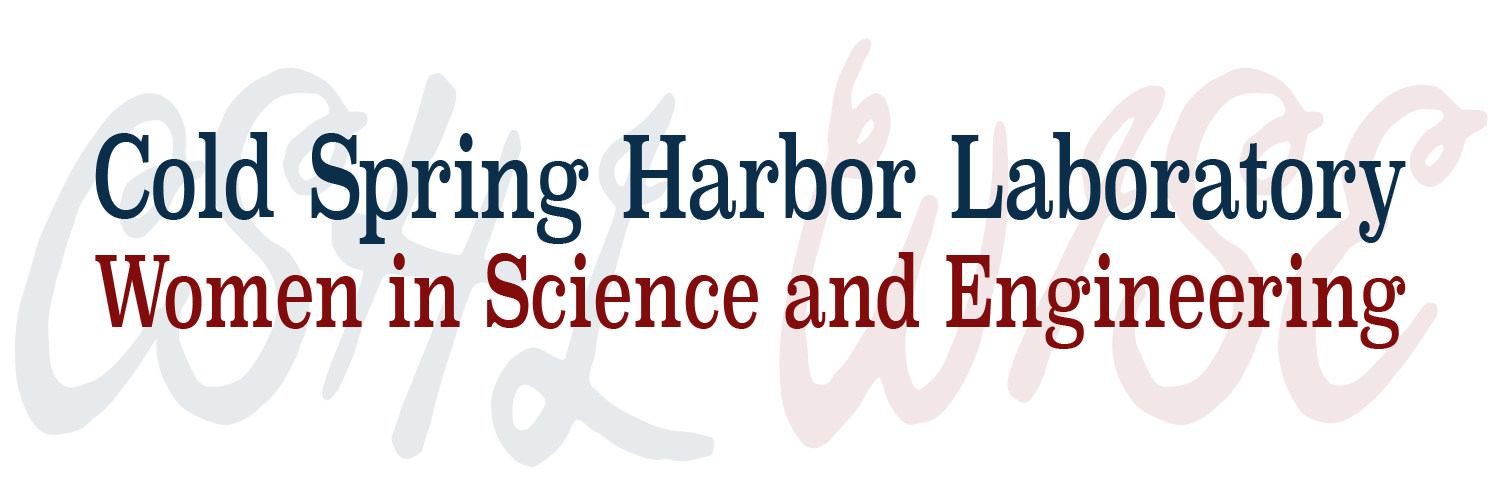
Isabella Karle (1921-2017). Last month we lost another great woman in science, crystallographer Isabella L. Karle, who helped develop methods to determine the structure of biological molecules. Isabella was born in Detroit in 1921 and received a PhD in chemistry from the University of Michigan, where forced alphabetical seating in a class led her to meet her future husband, Jerome. During WWII Karle worked on the Manhattan Project before joining Jerome at the Naval Research Laboratory (NRL) in Southwest Washington in 1946.
At the NRL’s Laboratory for the Structure of Matter, the Karles performed revolutionary work. Jerome and mathematician Herbert Hauptman formulated a theoretical technique, “direct methods,” that would dramatically reduce the amount of time required to determine the structure of molecules. While Jerome and Herbert did most of the theoretical work, Isabella made the theoretical possible, teaching herself crystallography and devising ways (including her influential “Symbolic Addition Procedure”) to apply “direct methods” to actually solve structures. Without Isabella, “direct methods” were purely theoretical and therefore met with skepticism; her success in translating the complex mathematics into atomic-resolution structures allowed the technique to gain widespread recognition. It has since been used to help solve tens of thousands of structures, aiding in drug development as well as basic research.
Jerome and Hauptman were awarded the 1985 Nobel Prize in chemistry – an award we might add that can be shared three-way… (Jerome himself was devastated that Isabella was looked over). Nevertheless, Isabella did receive other honors, including the National Medal of Science bestowed upon her by Bill Clinton in 1995. Karle and her husband retired in 2009, after a combined 127 years of service.
Throughout her life, Karle faced gender discrimination. In high school, a female chemistry teacher helped fuel her scientific ambitions, allowing her to push aside criticism from other teachers including one who told her that chemistry was not an appropriate subject for women. Karle sure proved that teacher wrong, going on to have a long, incredibly successful career in science and serving as an inspiration for women around the world as well as within her own household (her three daughters are all scientists). Karle died of brain cancer October 3, and her death has been deeply felt.
Photo Credit: Naval Research Laboratory
[sharethis-inline-buttons]
